X-Man: Elon Musk’s quest for world domination
ANALYSIS: Mammoth biography of world’s richest man dives into ‘too much information’ territory.
Elon Musk, by Walter Isaacson.
ANALYSIS: Mammoth biography of world’s richest man dives into ‘too much information’ territory.
Elon Musk, by Walter Isaacson.
In November 2021, when the value of Tesla Motors rose to more than US$1 trillion and founder Elon Musk became the world’s richest man, he exercised some options that landed him a tax bill of US$11 billion.
It was the largest amount of tax ever paid by an individual and was a deliberate action. Musk had tired of the wealth-tax lobby, which claimed he and other high-tech billionaires did not pay their ‘fair’ share of tax.
Musk pointed out his taxes would pay the costs of running the US Securities and Exchange Commission for five years. Any gratitude on the part of officialdom swiftly disappeared as authorities stepped up their actions against Musk on several fronts.
It has now got to stage where the Wall Street Journal suggested last week that these investigations amount to a campaign of regulatory harassment by the Biden administration.
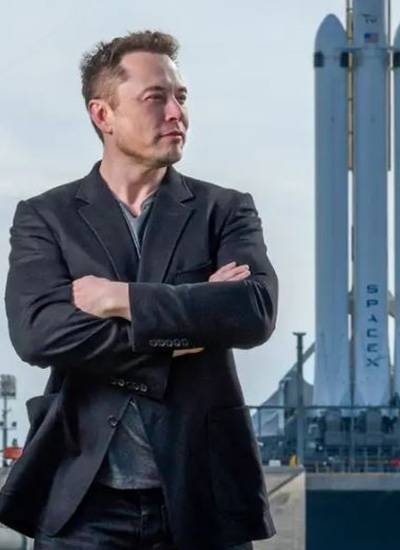
Elon Musk at SpaceX for a BBC documentary.
The list is increasing, the latest being questions over personal payments as chief executive of Tesla, intercompany transactions, and plans to build what the Journal calls a “mooted secret house” in Texas.
Admittedly, Musk isn’t squeaky clean in his business dealings. Like many entrepreneurs, he sees little difference between his personal and business dealings. This includes not paying himself a salary – which resulted in accusations that he avoids tax – borrowing against shares in some companies to support others, and deciding who should and should not be employed at SpaceX, his rocket venture, and the dress code at Tesla.
The Journal says such issues are usually dealt with internally by companies, and the US government’s zealotry mirrors that of the Japanese government’s pursuit of former Nissan chief executive Carlos Ghosn.
Musk’s entanglements with four major US government agencies – the Department of Justice, the Federal Trade Commission, the National Labor Relations Board, and the US Fish and Wildlife Service – follow his decision to switch his political allegiance from the Democrats to Republicans.
This stemmed from Musk’s desire to keep his Tesla plant operating during the lockdown phase of the 2020 pandemic. As reported by Walter Isaacson in his mammoth 670-page biography, Elon Musk, the South African-born, US-educated entrepreneur declared in an email to staff: “My frank opinion remains that the harm from the coronavirus panic far exceeds that of the virus itself.”
Isaacson does not demur from this statement and does not mention whether anyone died of Covid-19 while working at the Tesla factory. The author also has plenty to say about Musk’s changing political views from once being a big funder and admirer of Barack Obama.
This occurred in December 2021, after Isaacson had begun his two years of shadowing Musk for this biography, which has become the fastest-selling business book in the US. Isaacson asked Musk why he had become an enemy of political correctness and the woke culture of progressive social-justice activists.
His reply: “Unless the woke-mind virus, which is fundamentally antiscience, antimerit, and antihuman in general, is stopped, civilisation will never become multiplanetary.”
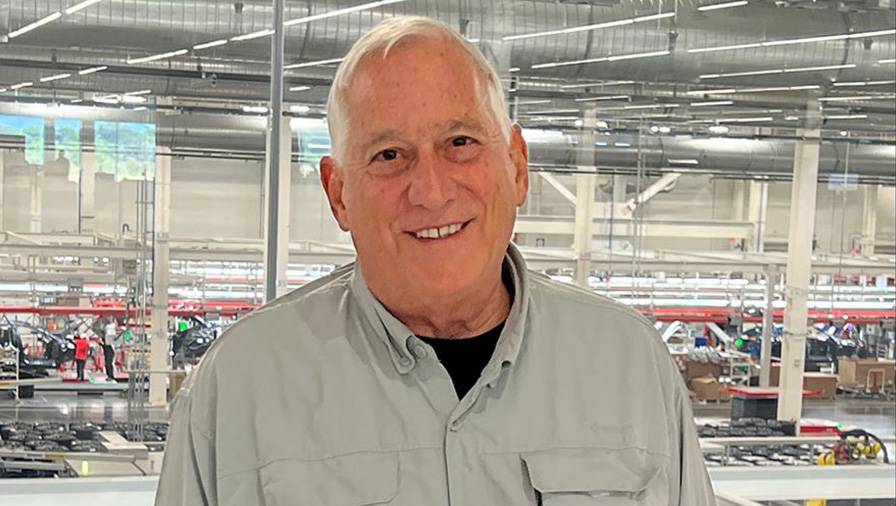
Author Walter Isaacson was editor of Time and head of CNN.
Issacson notes that Musk was partly reacting to his daughter Jenna’s gender transition (she was born Xavier) and had become a fervent anticapitalist. Musk also felt betrayed by the leak of an incident involving a woman he described as “an activist, woke, far-left Democrat”.
Isaacson’s unprecedented access to Musk has produced the kind of biography that dwarves everything that has gone before. (A biography of Apple’s Steve Jobs, published in 2011, did the same. Isaacson, a former head of Time magazine and CNN, has also authored profiles of Benjamin Franklin, Albert Einstein, and Henry Kissinger; traced the history of the digital revolution in The Innovators; and profiled gene-editing pioneer Jennifer Doudna.)
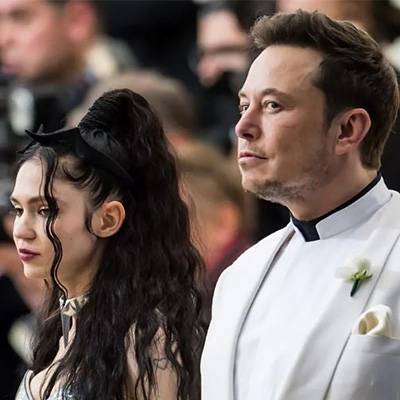
Canadian musician Grimes (Claire Boucher) is mother to three of Musk’s children.
At least a dozen books have been written about Musk, including ones reviewed in this column here, here, and here. Issacson interviews 128 people, including some in Musk’s immediate family of 10 surviving children from three mothers. They were conceived either through in vitro fertilisation or surrogacy because his first child died of sudden death syndrome at 10 weeks. Also interviewed is actress Amber Heard, with whom Musk had an affair while she was still married to Johnny Depp.
Such gossipy detail might be described as ‘too much information’ – including Musk’s father Errol having two children by his stepdaughter Jana – but no-one can say any of it is irrelevant or uninteresting.
Isaacson paints a picture of a man driven by demons, who barely sleeps, punishes his body, takes on way too many tasks, and leaves anyone he meets with post-Musk distress disorder (“baffled, then angry, then anxious”).
His stubbornness is legendary, particularly when faced with people who say his demands are impossible. “He had a reality-distorting wilfulness and a readiness to run roughshod of naysayers,” Isaacson writes after a meeting over the self-driving Robotaxi project. “This steeliness may have been one of the superpowers that produced his successes, along with his flameouts.”
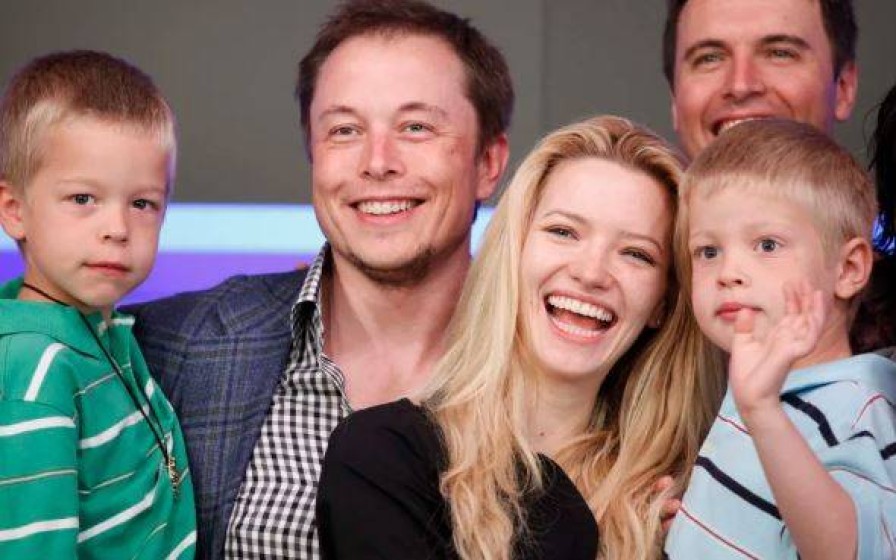
Talulah Riley, Musk’s second wife, with twins, Griffin, left, and Xavier (now Jenna) in 2010.
This is one of Isaacson’s rare judgments in a book of 95 tightly written chapters, in which Musk largely speaks for himself. Of most interest to readers, many of whom will already know much about Musk, is the inside story on the takeover of Twitter, now X.
While this cost him dearly – Musk himself says X is worth just US$4b, 11 times less than the US$44b he paid – he remains at the top of the Bloomberg Billionaires Index at US$228b, having increased his fortune this year by 66.5%.
Musk had been a heavy user of Twitter from 2011, posting some 19,000 tweets over 10 subsequent years. It was, according to Isaacson, the perfect playground: “It rewards players who are impulsive, and unfiltered, like a flamethrower for the thumbs. It has many of the attributes of the schoolyard, including taunting and bullying.”

Elon Musk: ‘Let that sink in’, as he first entered Twitter HQ.
Musk reacted typically when he first visited the San Francisco headquarters of Twitter in late October 2022. It was distinctly woke, with many working from home, free vegan meals, a “high empathy, inclusive, diverse safe space” offering a monthly “mental day of rest”. Twitterland was the antithesis of the Muskverse, which valued “urgency, progress, [and] orbital velocity.”
Discomfort, to Musk, was a good thing: “It was a weapon against the scourge of complacency. Vacations, flower-smelling, work-life balance, and days of ‘mental rest’ were not his thing.”
In less than two months, Musk reduced the Twitter workforce from 8000 to 2000, making it a software-engineering company rather than one led by people with a feel for human relationships and desires.
As Isaacson closes the final chapter in April 2023, Musk had moved on to set up yet another new vehicle, x.AI, to avoid what he sees as the dangers in artificial intelligence (he was an early investor in Open AI’s ChatGPT but left it to Microsoft). His alternative will combine the potential of Twitter’s daily feed of 500 million tweets and Tesla’s 160 billion video frames a day from cameras in all its cars.
This venture is in addition to Neuralink, which is geared toward overcoming physical disability by turning brain impulses into robotic movements; Starlink, which provides a low-orbit satellite-based communications for 1.5 million users around the world, including New Zealand; and high-speed tunnels built by The Boring Company.
The Wall Street Journal describes the US government’s collection of probes into Musk’s ventures as unusual enough to suggest what the Justice Department likes to call a “pattern or practice”.
The editorial concludes: “We doubt any order from on high has been sent, but it doesn’t need to be when a figure becomes Progressive Enemy No 1.”
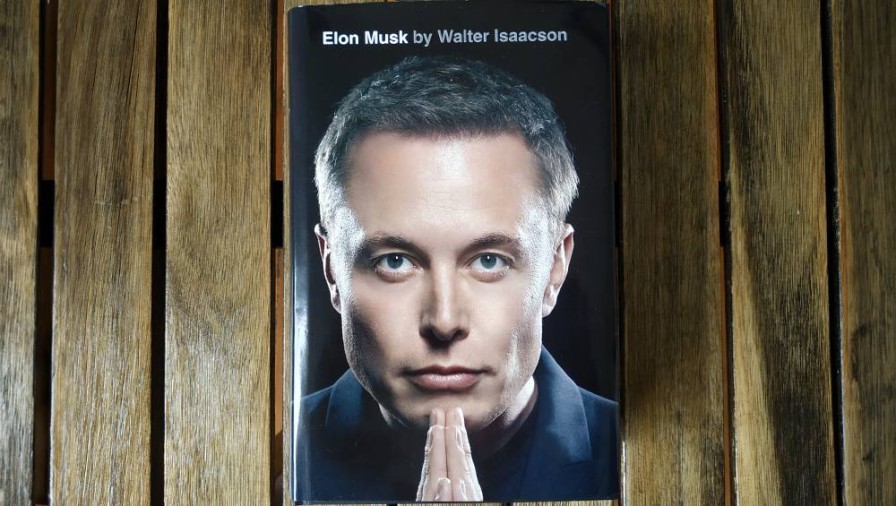
Elon Musk, by Walter Isaacson (Simon & Schuster).
Nevil Gibson is a former editor at large for NBR. He has contributed film and book reviews to various publications.
This is supplied content and not paid for by NBR.
Sign up to get the latest stories and insights delivered to your inbox – free, every day.